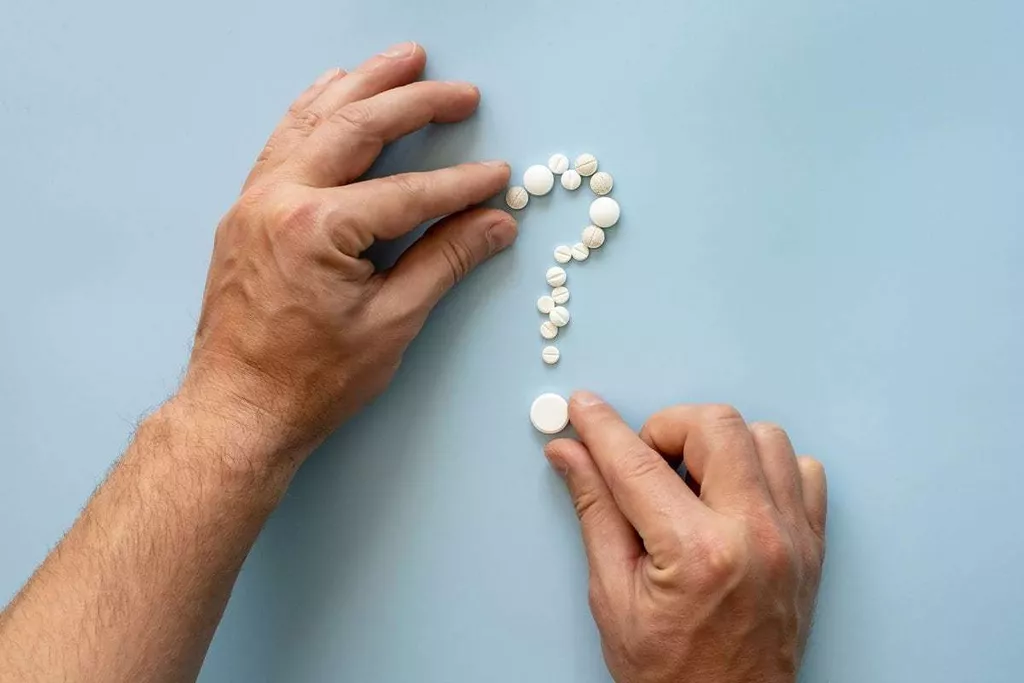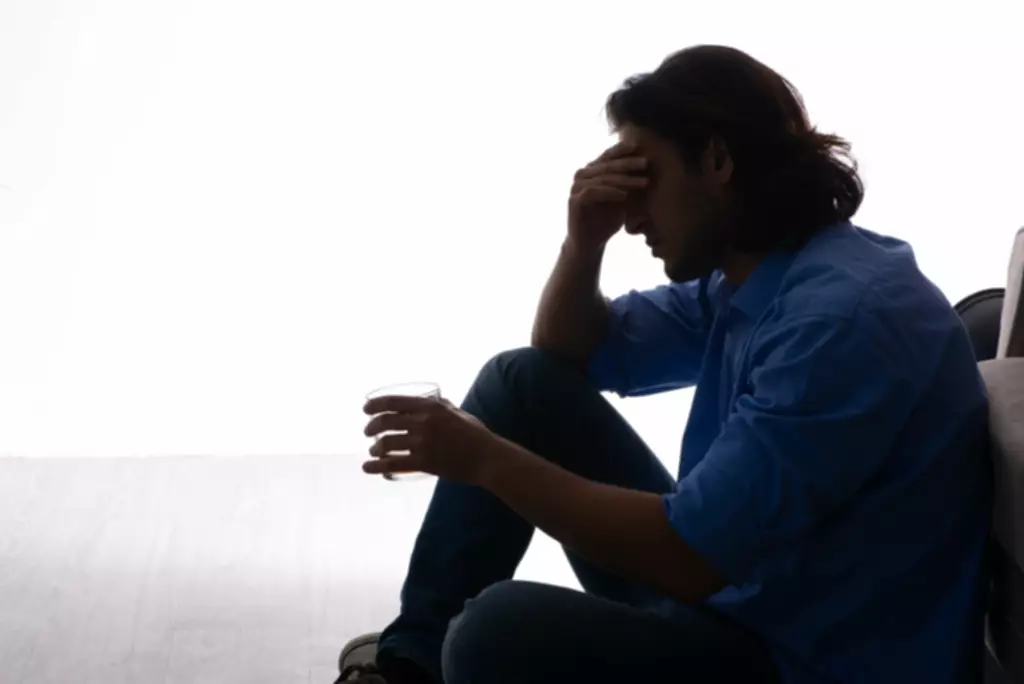
Some of the most helpful strategies for dealing with cravings are summarized in the acronym DEADS. Behavioral therapies help people in drug addiction treatment modify their attitudes and behaviors related to https://ecosoberhouse.com/ drug use. As a result, patients are able to handle stressful situations and various triggers that might cause another relapse. Behavioral therapies can also enhance the effectiveness of medications and help people remain in treatment longer. One-on-one psychotherapy is often used at every stage of addiction treatment and recovery support.
Support Systems

Data show that the programs are helpful for some but not for everyone. No matter which pathway of recovery a person chooses, a common process of change underlies them all. The well-researched science of behavior change establishes that addictive drug addiction recovery behavior change, like any behavior change, is a process that starts long before there’s any visible shift in activity. These steps entail a comprehensive process that encourages personal growth, self-reflection, and mutual support among peers.

Additional treatment options
All these definitions revolve around abstinence but they are not deemed as the equivalent of recovery. Narcotics Anonymous (NA) is an international network of community-based meetings for those recovering from drug addiction. Modeled after Alcoholics Anonymous (AA), NA is an abstinence-based 12-step program with a defined process for overcoming addiction. But psychological addiction, temptation, and craving can last for years, even a lifetime. The truth is, most people will relapse on their way to full recovery from prescription drug addiction. In conclusion, embracing harm reduction and diverse modalities recognizes the uniqueness of each individual’s journey in addiction recovery.
The impact of family involvement in addiction recovery
- After rehab, the critical thing to remember is to take things one small step at a time.
- Addiction often co-occurs with other chronic diseases like mental illness.
- We are committed to healing everyone who enters our doors from the inside out.
- Every person needs a comprehensive recovery plan that addresses educational needs, job skills, social relationships, and mental and physical health.
Such support could be a loved one fully engaging in the addict’s recovery and helping hold them accountable. Around 40% to 60% of people working to overcome a substance use disorder will relapse at some point. However, it is important to recognize that this rate is comparable to relapse rates for other chronic health conditions such as hypertension and asthma. People who have a substance use disorder often find that overcoming it is more challenging than they expected.

What Is the Transtheoretical Model?

Financial stress is common in recovery, often due to past habits or addiction-related expenses. This discussion provides strategies for managing finances, setting realistic budgets, and reducing financial stress. Budgeting can promote a sense of control and reduce triggers marijuana addiction related to financial strain.
- Treatment helps manage the disease but doesn’t cure it, emphasizing the importance of ongoing effort and medical support in the recovery journey.
- Recovery suggests a state in which the addiction is overcome; clinical experience and research studies provide ample evidence.
- Many definitions of recovery include not only the return to personal health but participation in the roles and responsibilities of society.
- His father passed away from a heroin overdose when Billy was two years old, and many of Billy’s family members used and were addicted to drugs.
- He argues that some studies showing that AA is useful are filled with scientific errors.
Understanding Motivation and Behavioral Change: The Stages of Change Model
- Phone apps can help with recovery by tracking sober days, providing motivational notifications, recording experiences and emotions, and providing community support.
- It also functions as a sobriety clock, providing essential stats about your milestones, streaks, and money you saved by sobering.
- Overcoming dependence on substance use and coping with the issues it poses are an important aspect of recovery.
- Using this skill in everyday life can help you maintain relationships, manage emotions, change habits, and even keep your job.
Fortunately, addiction is treatable and there are things that you can do to improve your success in overcoming your addiction. John C. Umhau, MD, MPH, CPE is board-certified in addiction medicine and preventative medicine. For over 20 years Dr. Umhau was a senior clinical investigator at the National Institute on Alcohol Abuse and Alcoholism of the National Institutes of Health (NIH). The individual may only think about this internally or mention it to close friends and family.
By doing this, one can retrain the body to sleep better and will also help reduce the risk of relapse. One of the most common expressions of addiction, alcohol dependence, causes an estimated 100,000 deaths annually — the equivalent of an airliner carrying 274 passengers crashing every single day. You’ll also find targeted advice on specific types of addiction, as well as information about coping with a loved one’s addiction. Informed by her personal journey to recovery and support of loved ones in sobriety, Jessica’s empathetic and authentic approach resonates deeply with the Addiction Help community.

The single most popular path is the use of peer support groups in the community. Cognitive behavioral therapy (CBT) is by far the most common form of addiction therapy used in both inpatient drug rehab and outpatient substance abuse treatment settings. However, other therapy types cater to different learning styles and experiences. Addiction recovery is the process of medical and psychotherapeutic treatment for alcohol or drug addiction.
